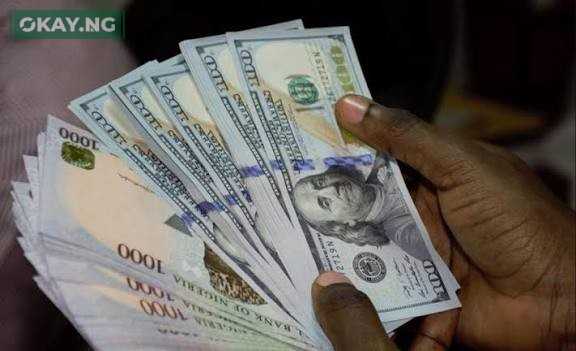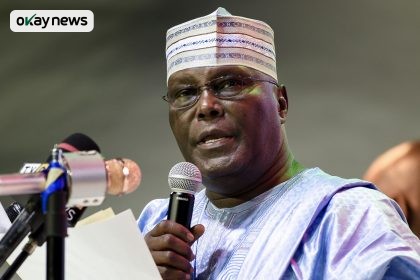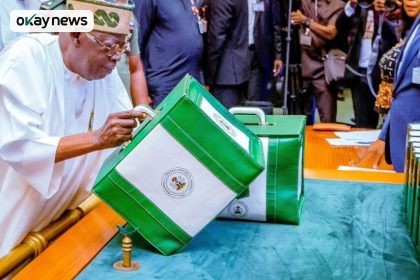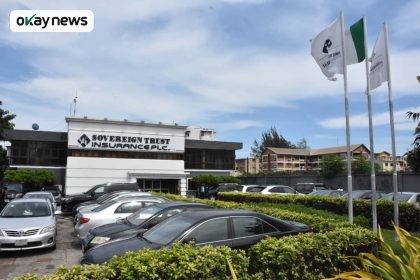Nigeria’s gross external reserves have surged to $42 billion, marking their highest level in six years and boosting hopes of improved economic stability.
According to fresh data from the Central Bank of Nigeria (CBN), the significant increase was driven by stronger hydrocarbon export revenues and sustained foreign exchange (forex) inflows. The latest figure is the strongest since September 2019, highlighting the impact of recent improvements in oil production and government earnings.
The milestone builds on gains recorded in August, when reserves climbed to about $41 billion — crossing the $40 billion mark for the first time in nearly four years. That August figure was already a 44-month high since late 2021, underlining the steady momentum that has continued into September.
CBN data shows total inflows into the reserves reached $692.28 million in September alone. Analysts say the build-up is giving the apex bank greater liquidity to manage economic shocks, stabilise the naira, and attract foreign investment.
The stronger reserves have coincided with gains in the local currency. In the official market, the naira appreciated by 0.91 per cent week-on-week, closing at N1,487.90 per dollar, its first time below the N1,500 mark since February 2025. In the parallel market, the naira strengthened by 1.05 per cent to an average of N1,521 per dollar.
Experts note that high reserves enhance the CBN’s ability to intervene in the forex market, prevent sharp fluctuations, and signal greater economic stability to investors. However, they caution that challenges such as high inflation, debt obligations, and poverty continue to pose risks.
While the reserve growth provides policymakers more flexibility to implement reforms, economists stress it should be viewed as a foundation for broader transformation, not an end in itself. Sustained fiscal and structural reforms, they add, remain critical to turning the current momentum into long-term economic recovery.







